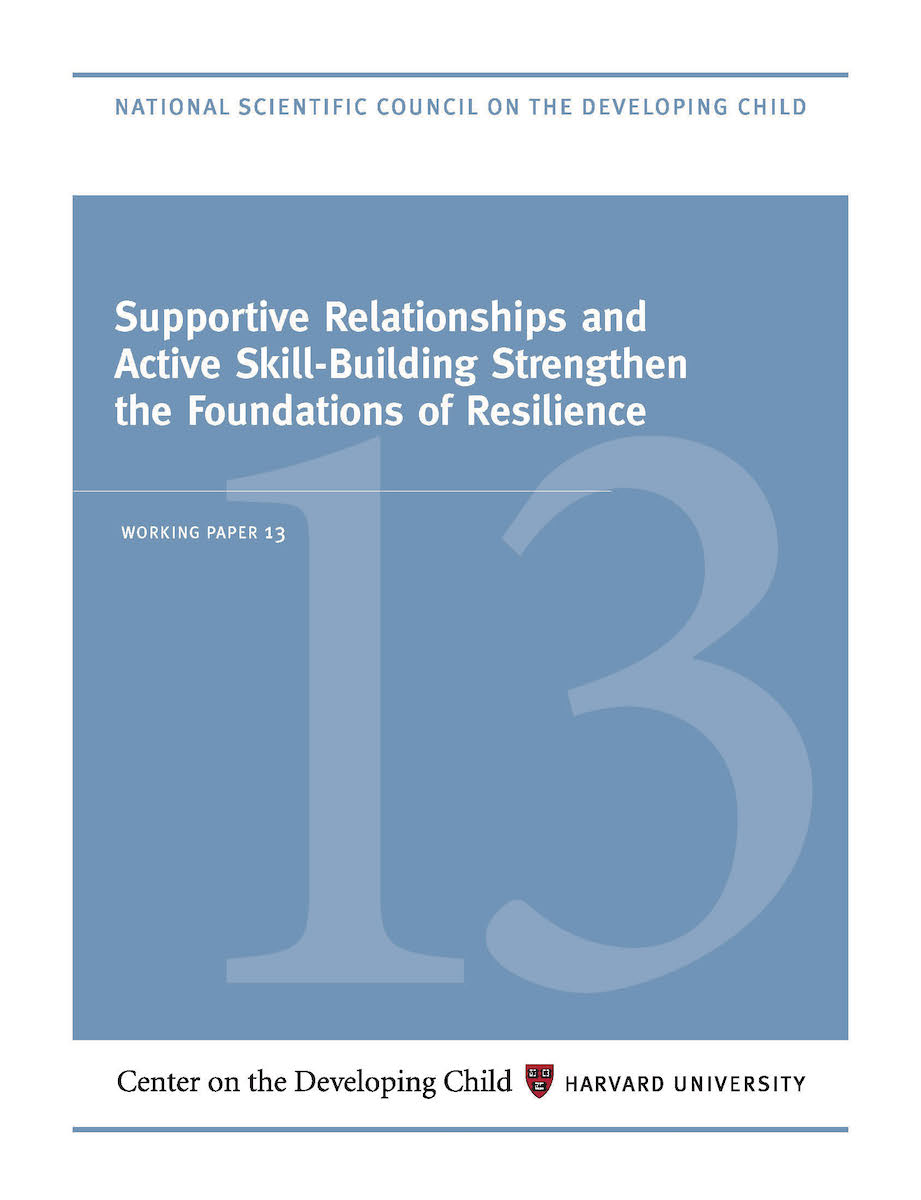Resource Library
Filter by Audience
Filter by Topic
Filter by Media
13 items
Working Paper
Maternal Depression Can Undermine the Development of Young Children
This working paper from the National Scientific Council on the Developing Child and the National Forum on Early Childhood Policy and Programs examines why addressing the consequences of serious depression in parents and caregivers could support the future prosperity and well-being of both children and society as a whole.
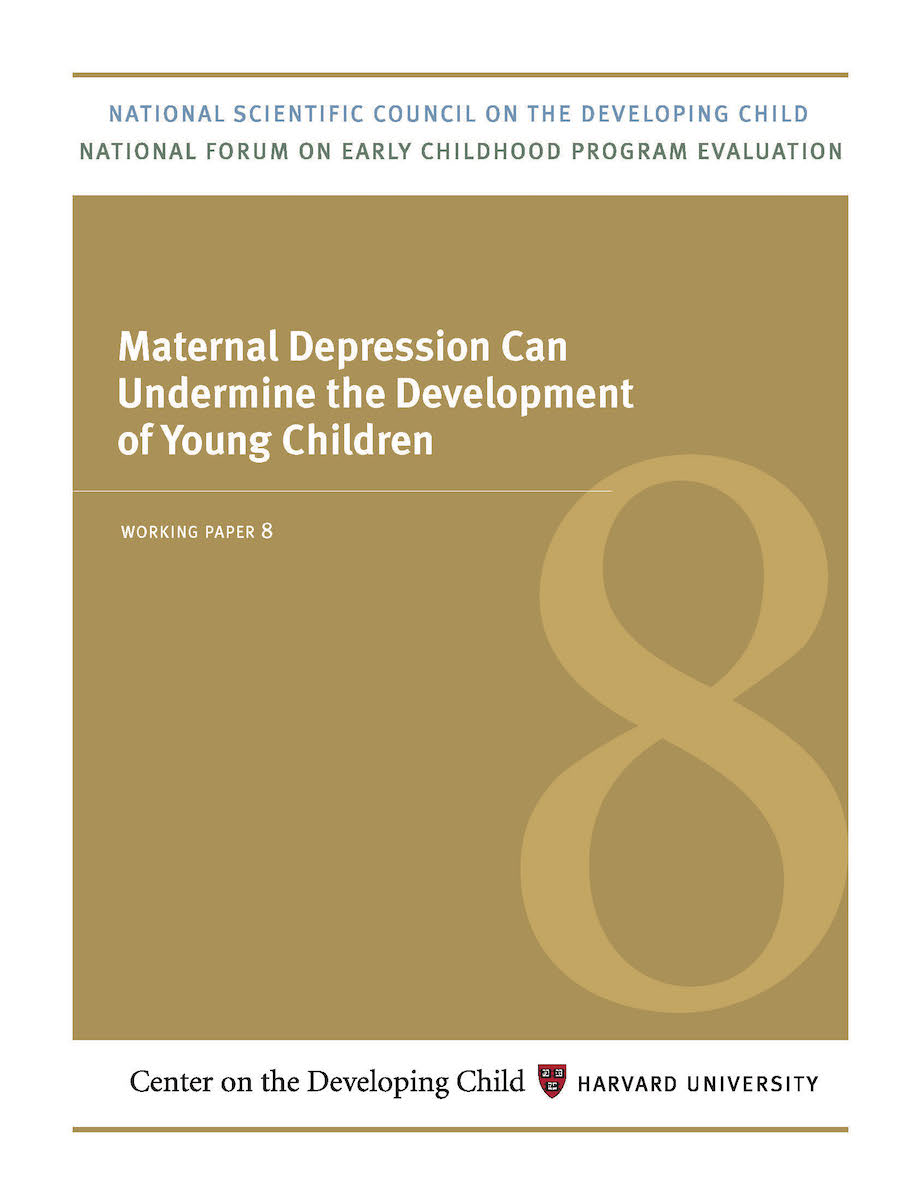
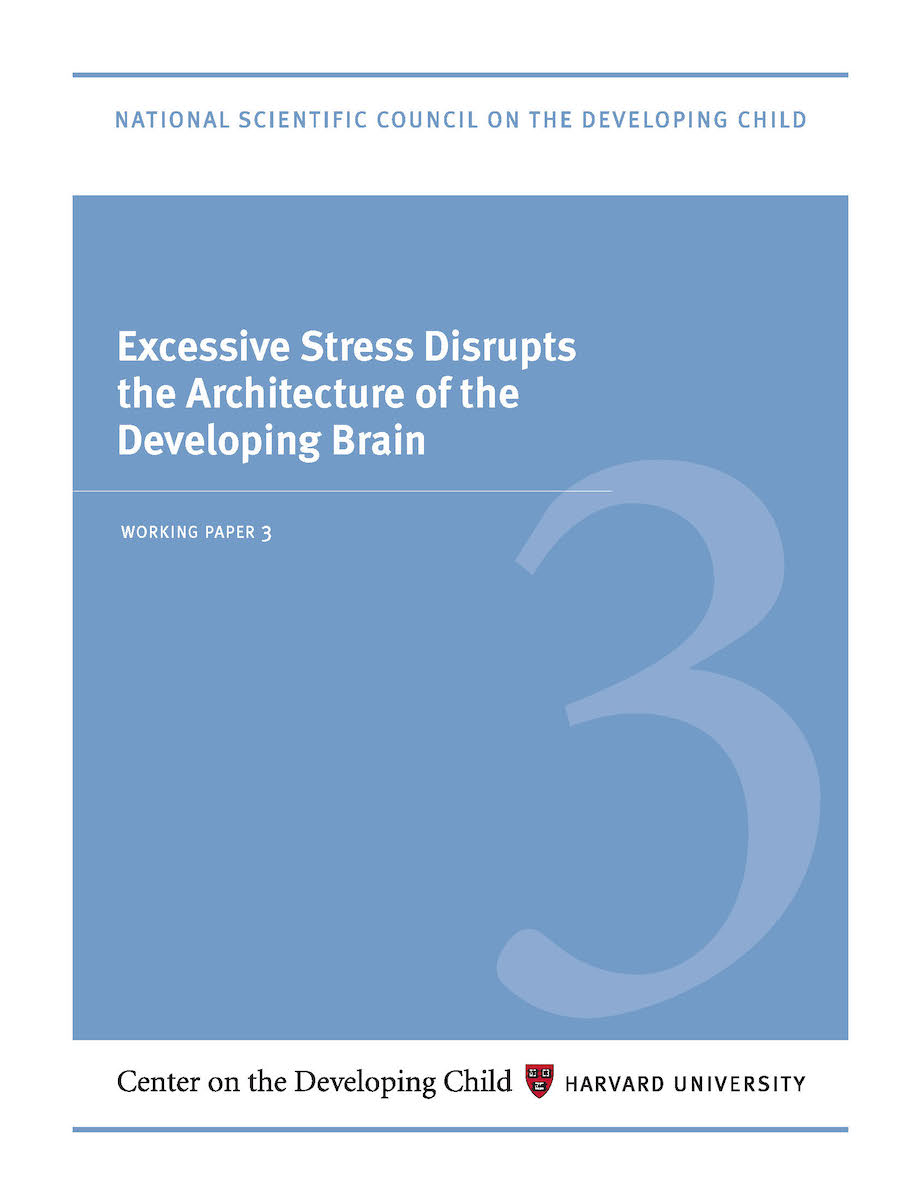
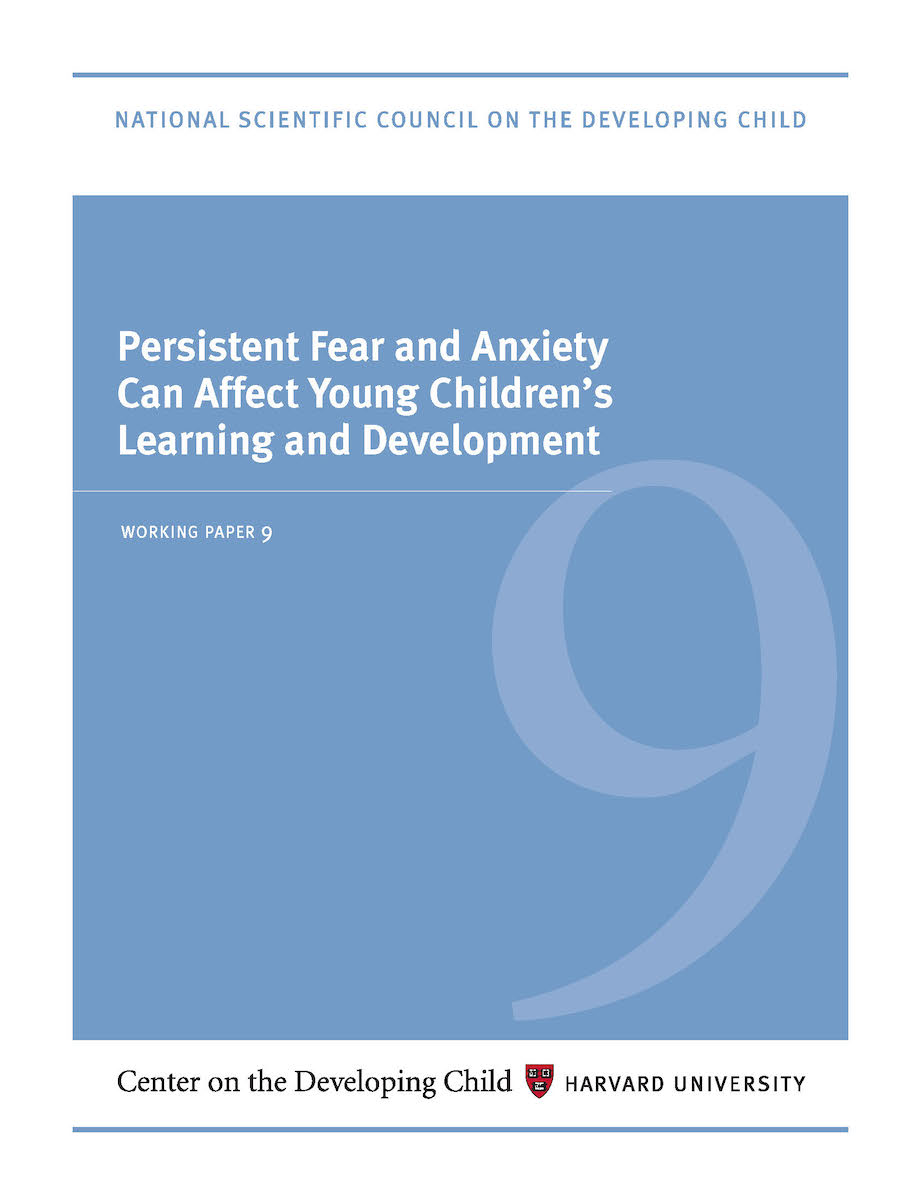
Working Paper
The Science of Neglect: The Persistent Absence of Responsive Care Disrupts the Developing Brain
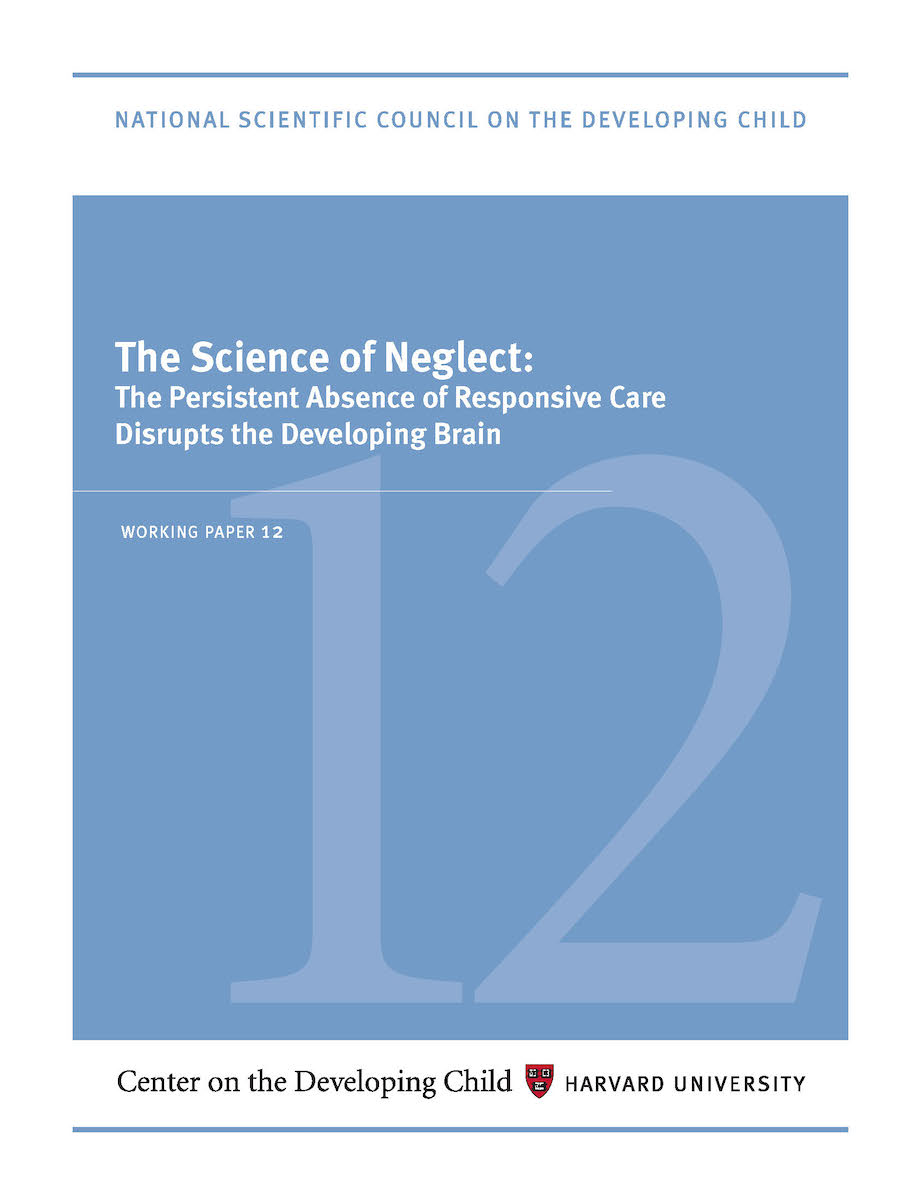
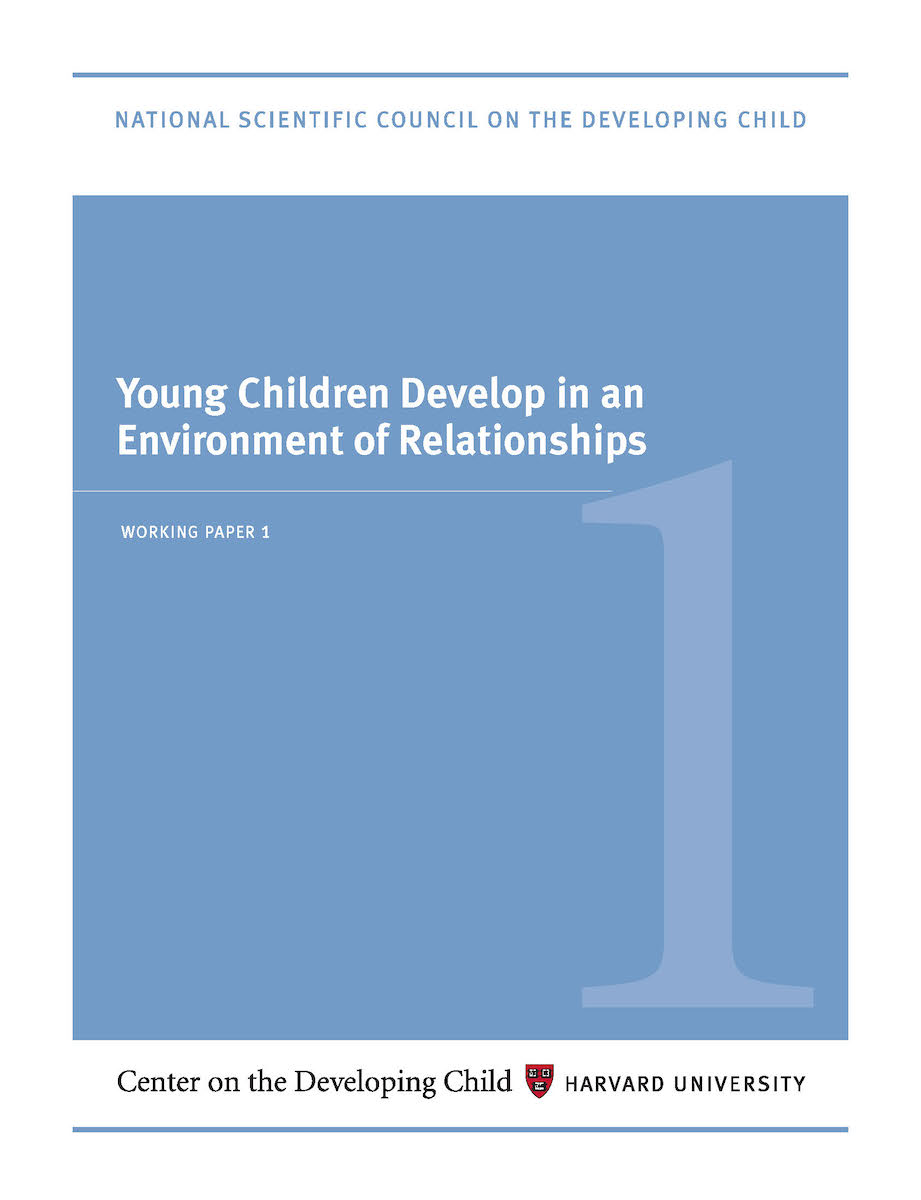
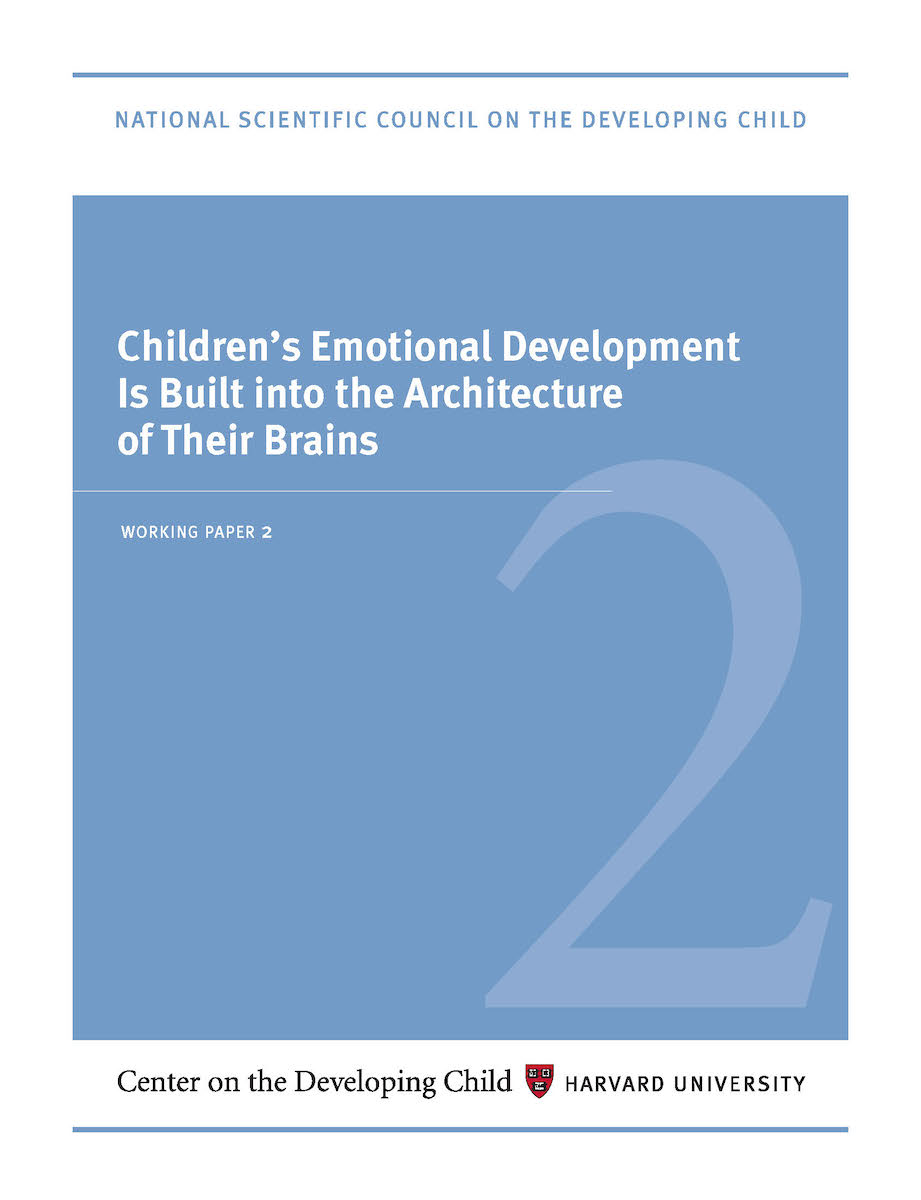
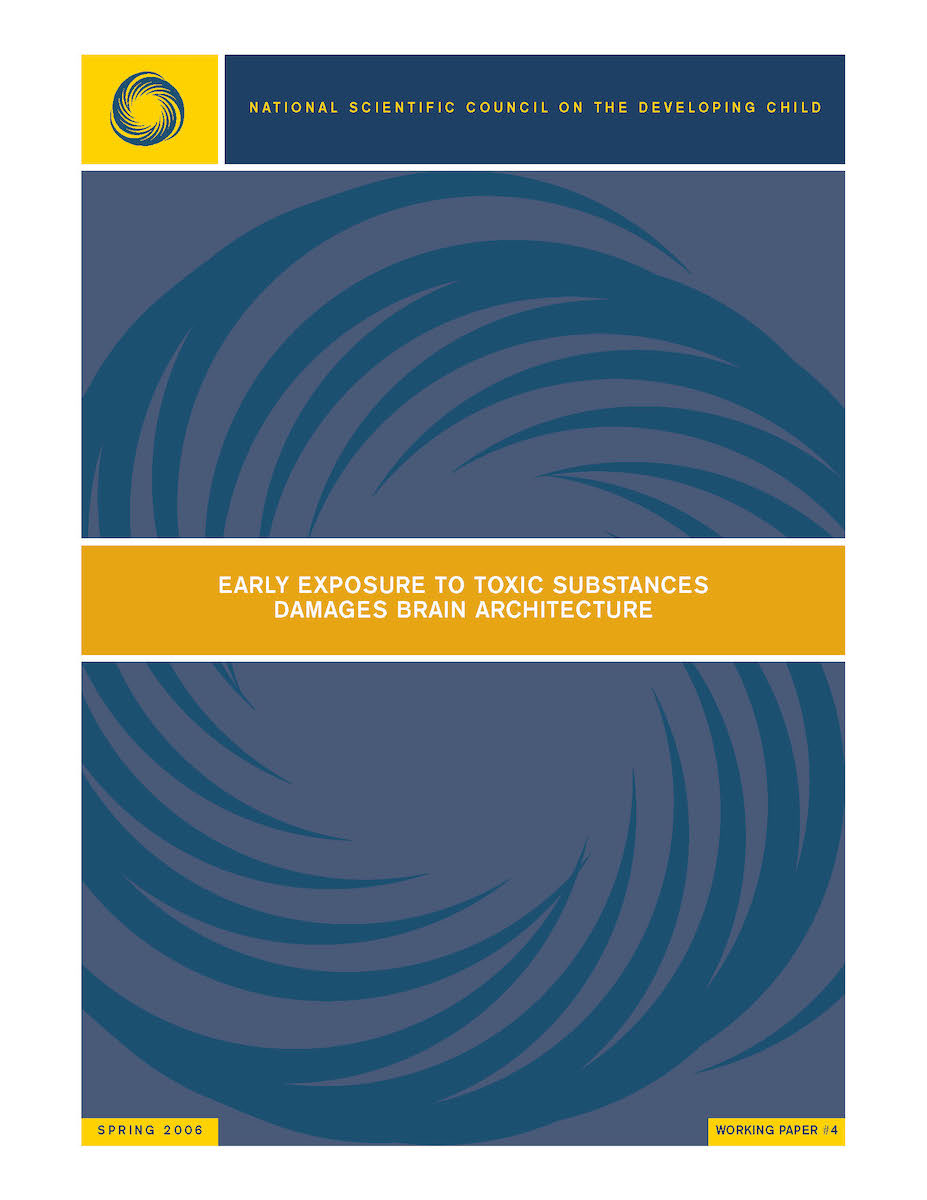
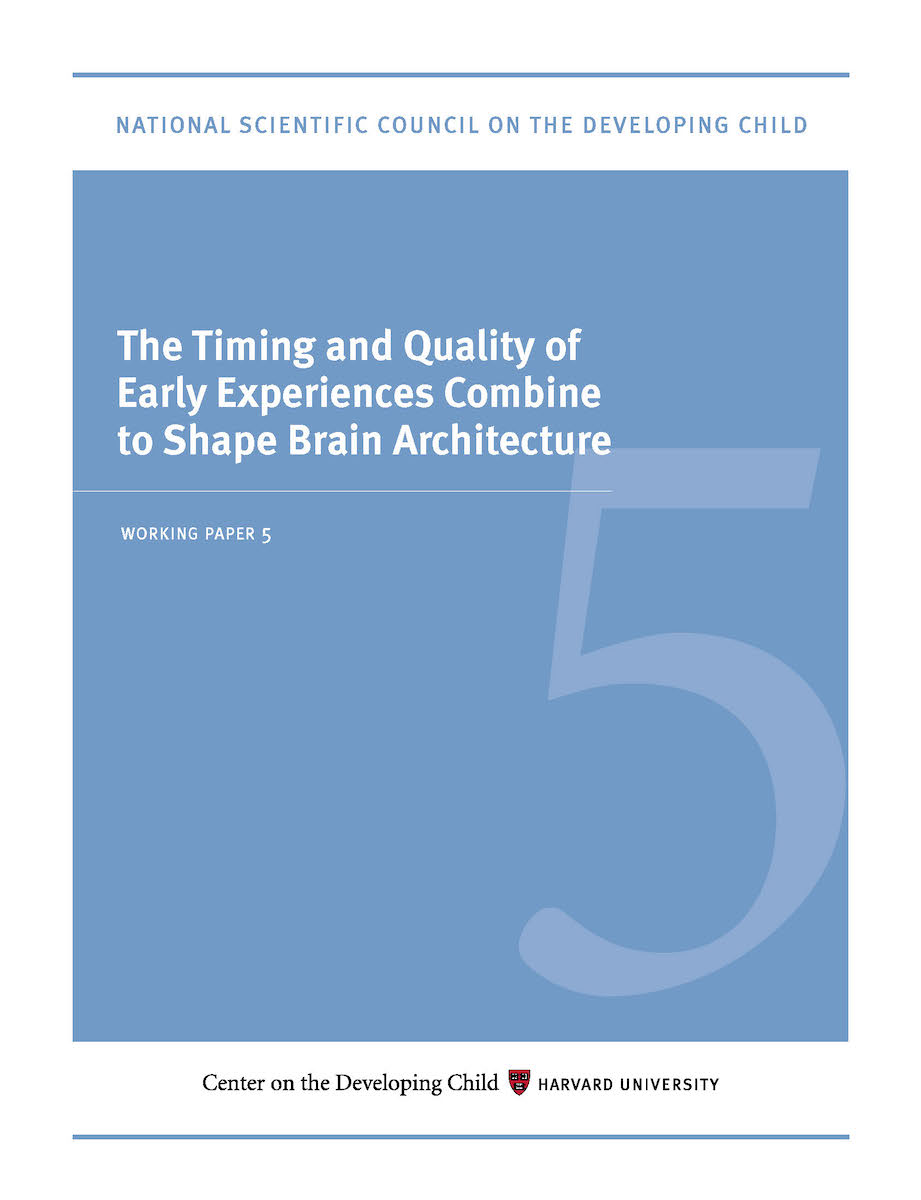
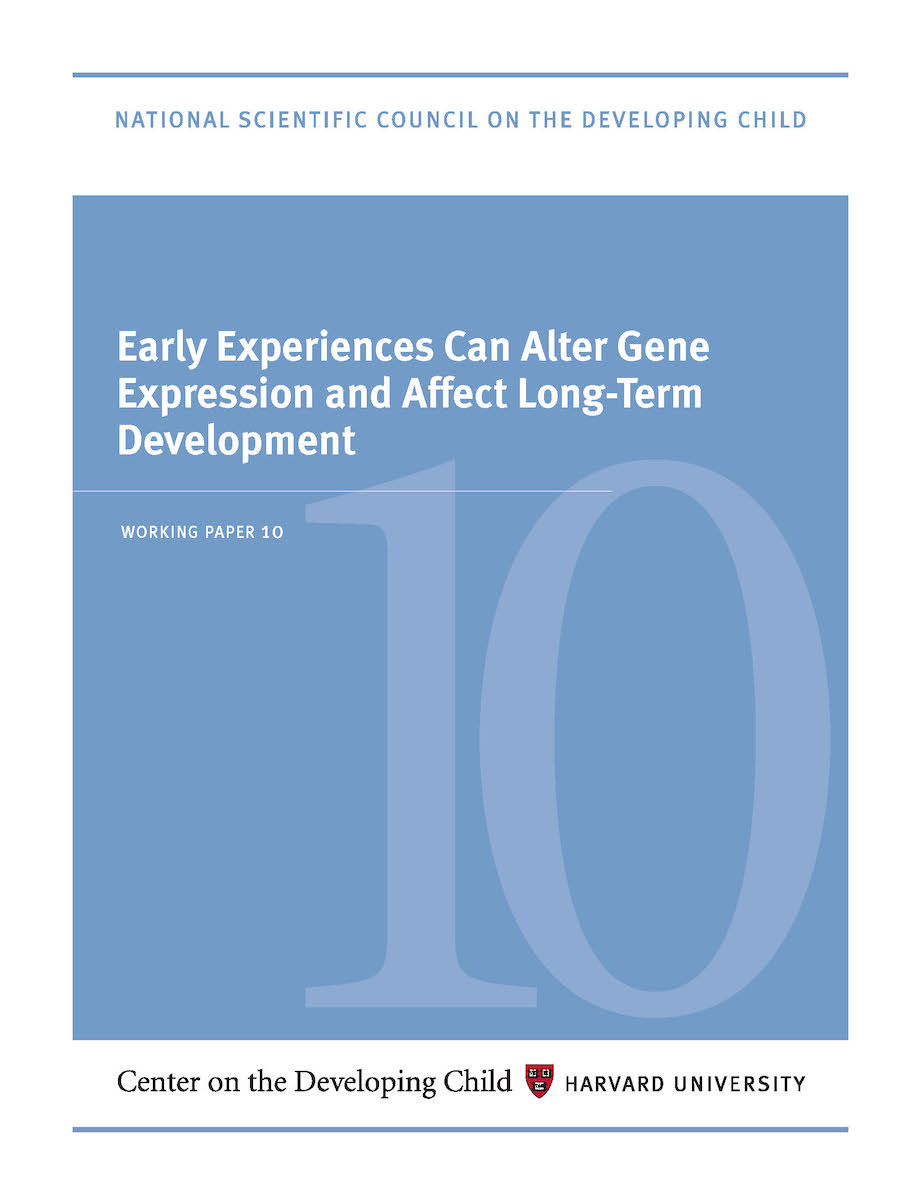
Working Paper
Connecting the Brain to the Rest of the Body: Early Childhood Development and Lifelong Health Are Deeply Intertwined
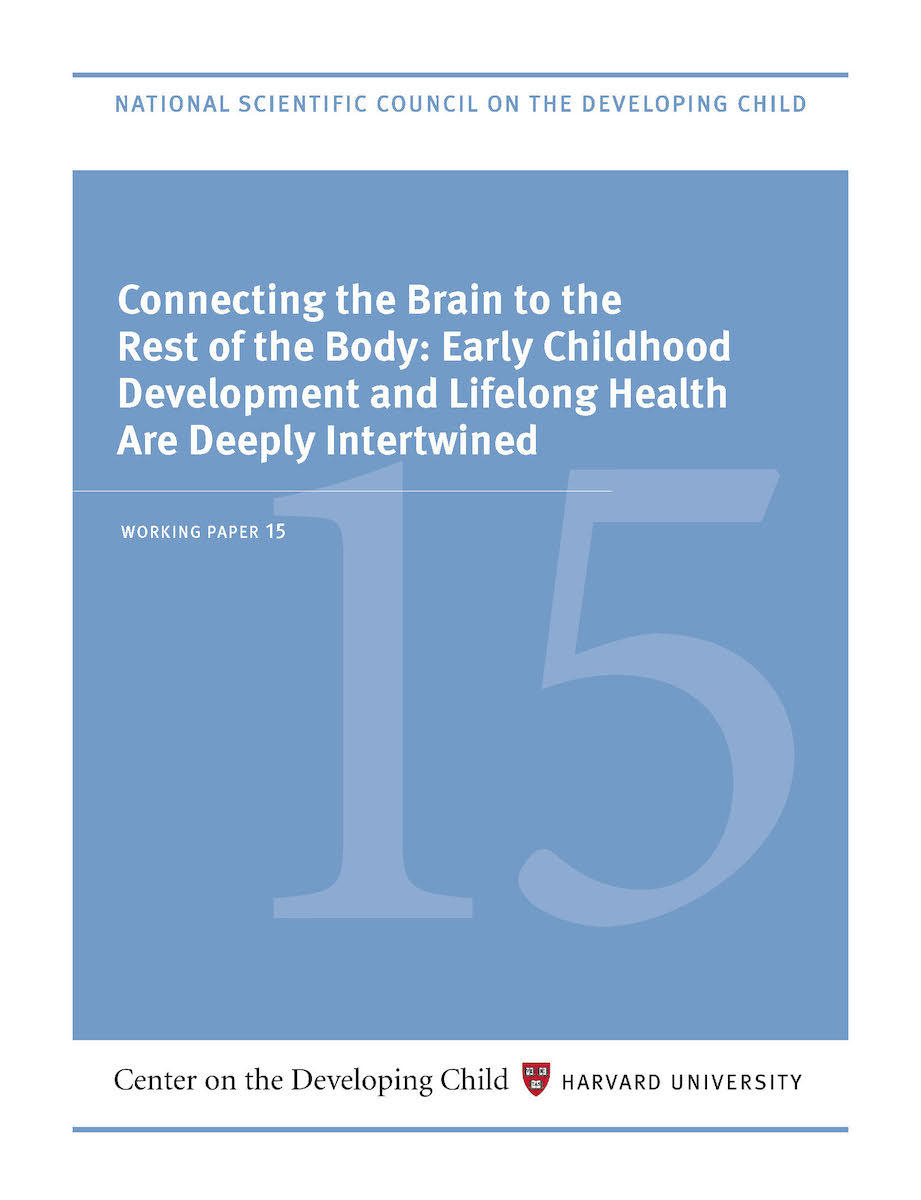
Working Paper
Understanding Motivation: Building the Brain Architecture That Supports Learning, Health, and Community Participation
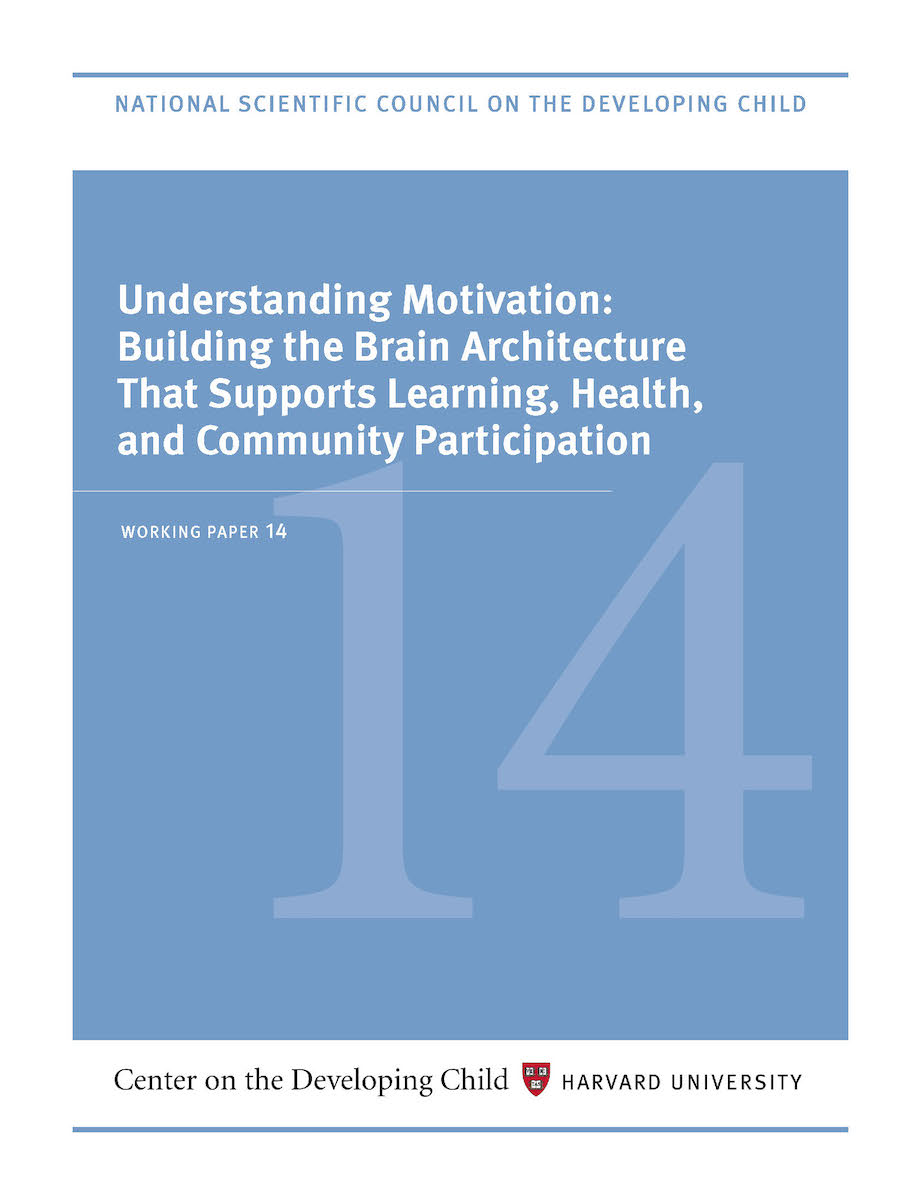
Working Paper
Building the Brain’s “Air Traffic Control” System: How Early Experiences Shape the Development of Executive Function
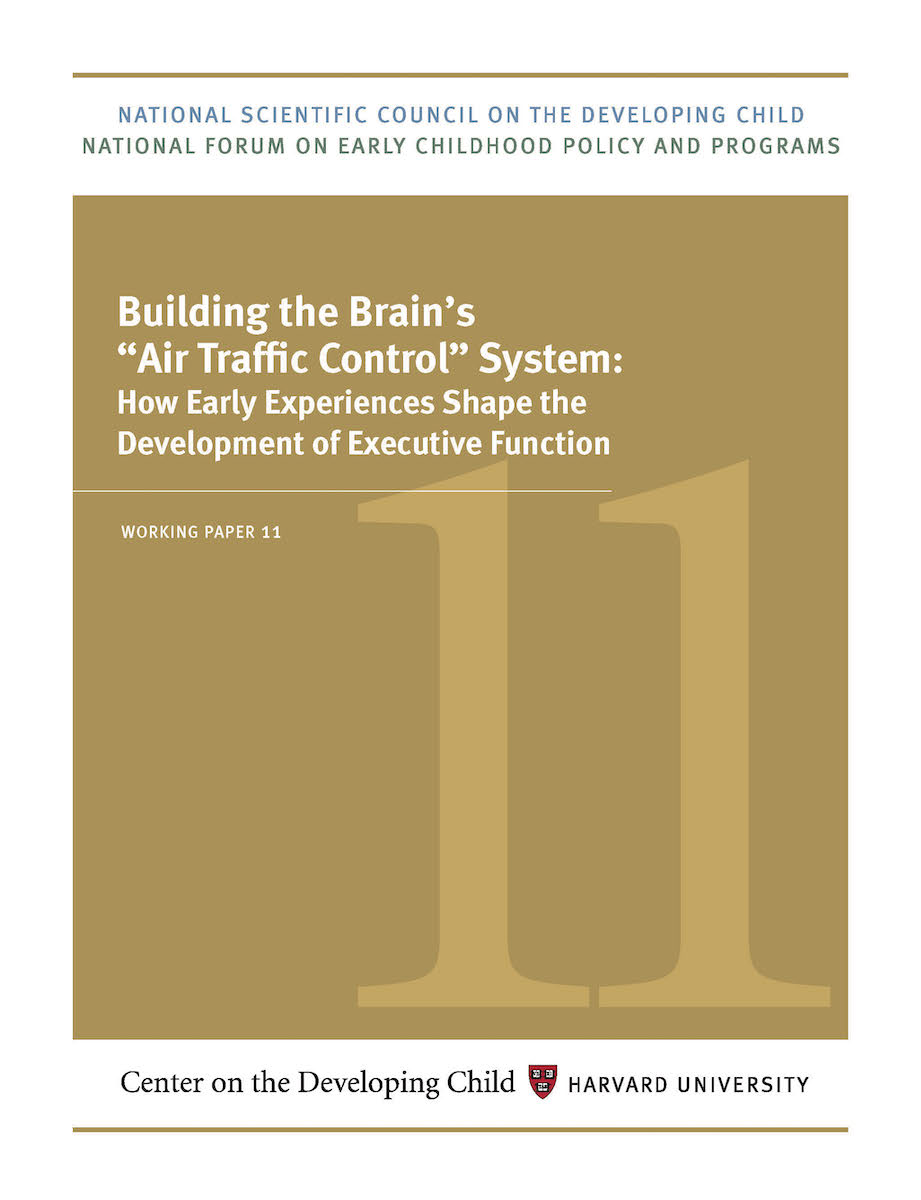
Working Paper
Supportive Relationships and Active Skill-Building Strengthen the Foundations of Resilience
This working paper from the National Scientific Council on the Developing Child explains how supportive relationships with adults help children develop resilience, or the set of skills needed to respond to adversity and thrive.
